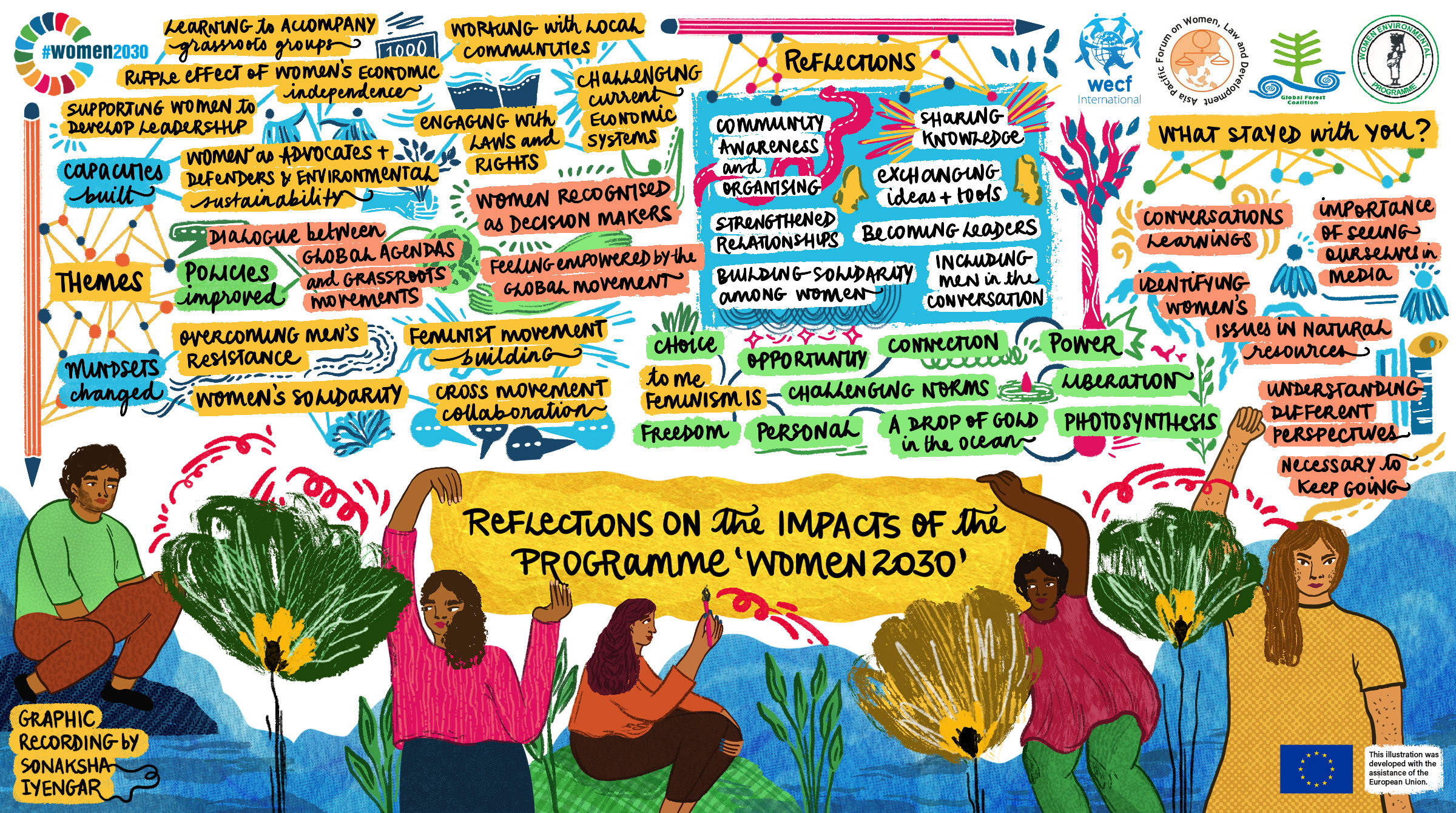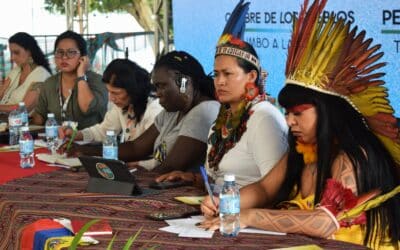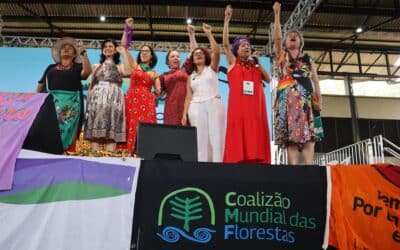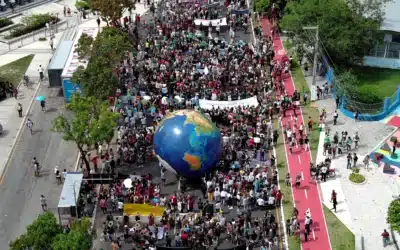Los días 4 y 5 de marzo de 2021, los socios del programa Women2030 se reunieron de forma virtual para celebrar la conclusión del programa, financiado durante los últimos cinco años por la Dirección General de Asociaciones Internacionales de la Comisión Europea (DG-INTPA). El programa Women2030 fue parte de los esfuerzos hacia la adopción de una Agenda2030 y políticas climáticas transformadoras de género. La reunión fue un seminario web de aprendizaje organizado con el fin de compartir las experiencias vividas de las personas que implementaron y se beneficiaron del proyecto. La imagen de arriba es un testimonio gráfico del seminario web que presenta la diversidad y las luchas de los socios de Women2030.
Continuar leyendo en ingles…
On the first day, program partners from local and regional organizations shared incredible stories of change from their local communities. Many stories touched on different areas of the project’s impact, such as the capacities built, policies improved, and mindsets changed. Some of the emerging themes included: Women rising as advocates and defenders for environmental stability; the recognition of women as actors in decision-making with local and national governments; and women’s solidarity and feminist movement building.
On the second day, national partners and implementing partners at the grassroots level discussed the lessons learned and the key takeaway points from the entire program. During our reflection sessions, the participants created paintings on the impacts of the program in their different contexts. Participants also reflected on what feminism and movement-building on women’s rights meant to them and to the societies that the live in. Partners shared stories of their struggles on gender, human rights, and women’s rights, and the dynamics of how they play out within their various communities.
The major take-home points for the participants included: An understanding of the different perspectives on gender and feminism, and how they can take ownership of these terms to bring about transformation in their various localities; and identifying women’s rights issues in natural resource management and exploitation.
Looking ahead, we need to maintain open conversations on these subjects. It is clear that the transformative benefits of feminist movement-building are far-reaching and must be strengthened as we continue to fight for women’s empowerment and gender equality.
To keep up-to-date with GFC’s work on women’s rights and empowerment, see our Gender Justice and Forests campaign page.




